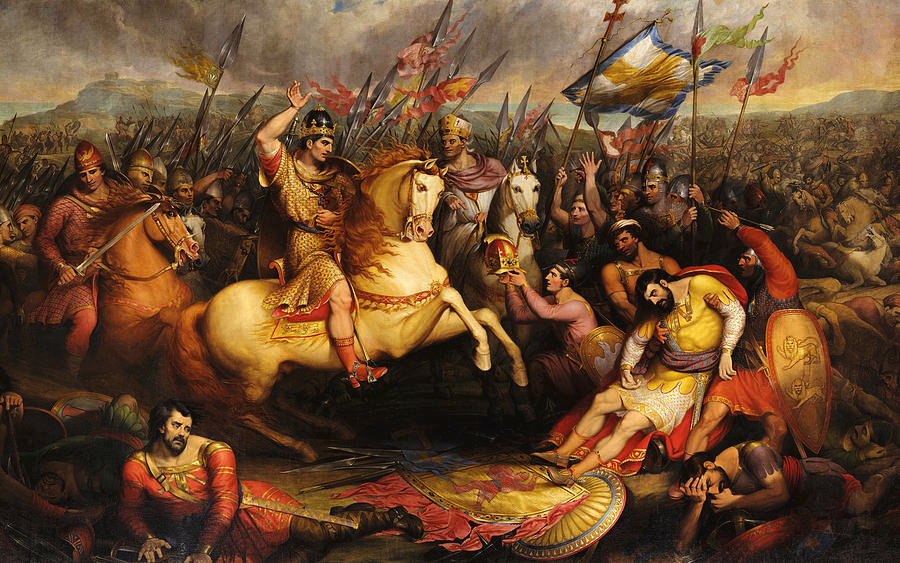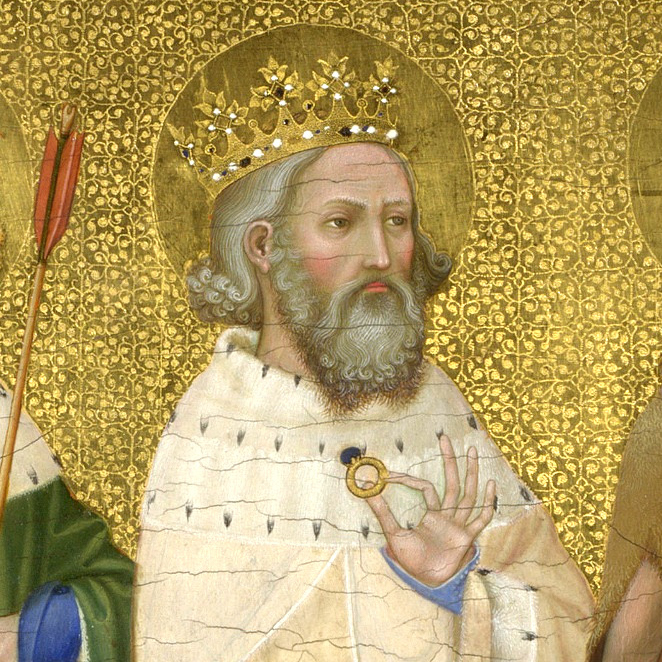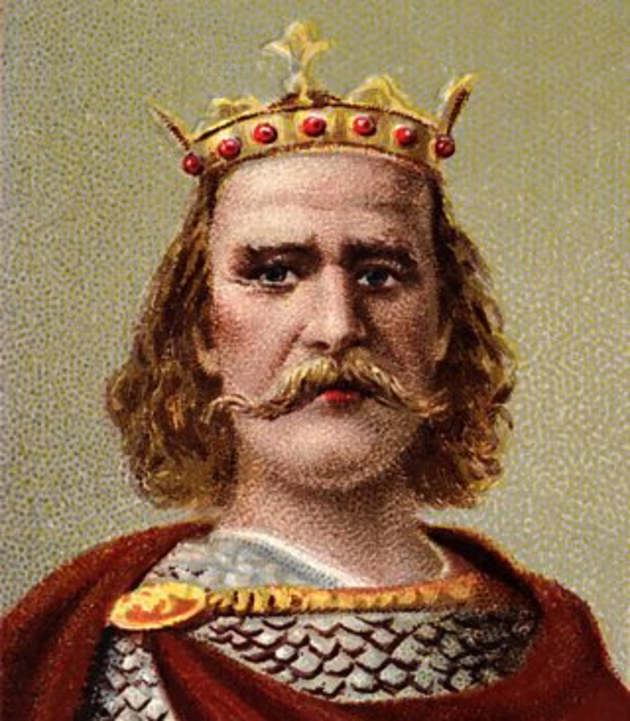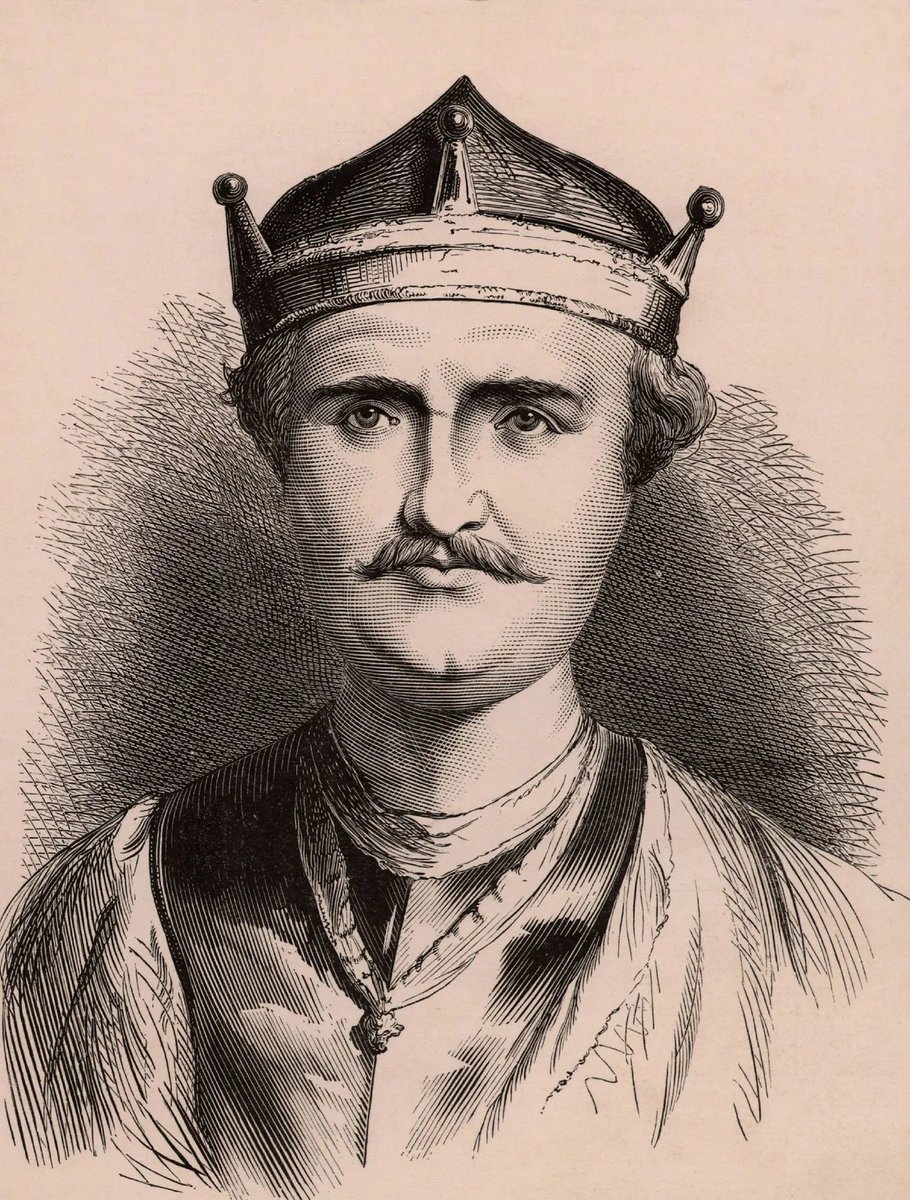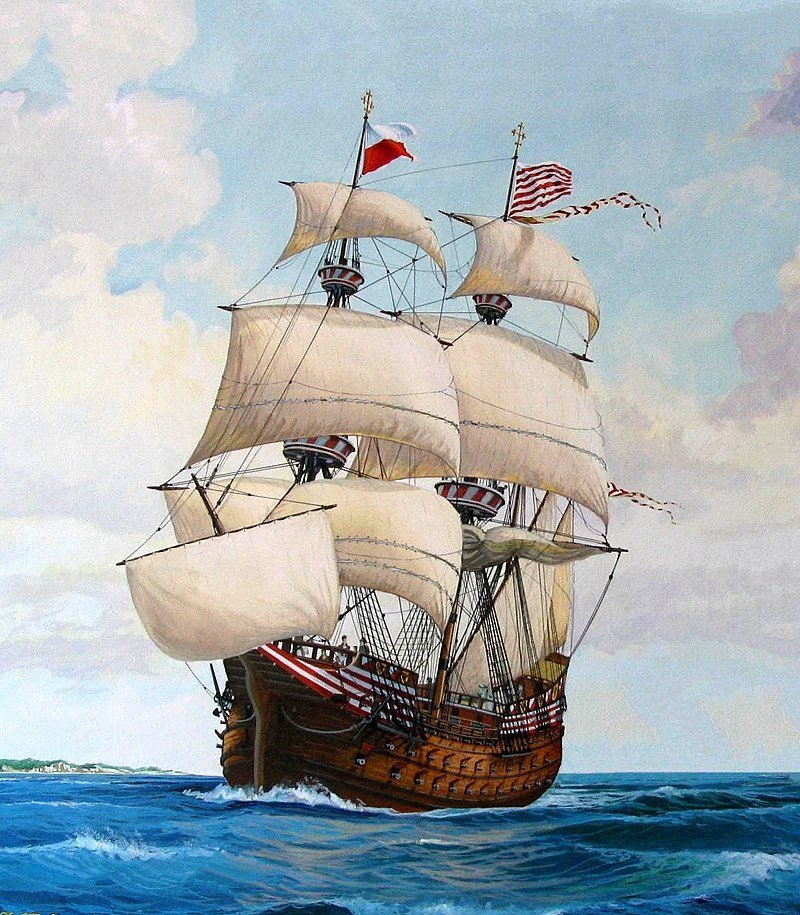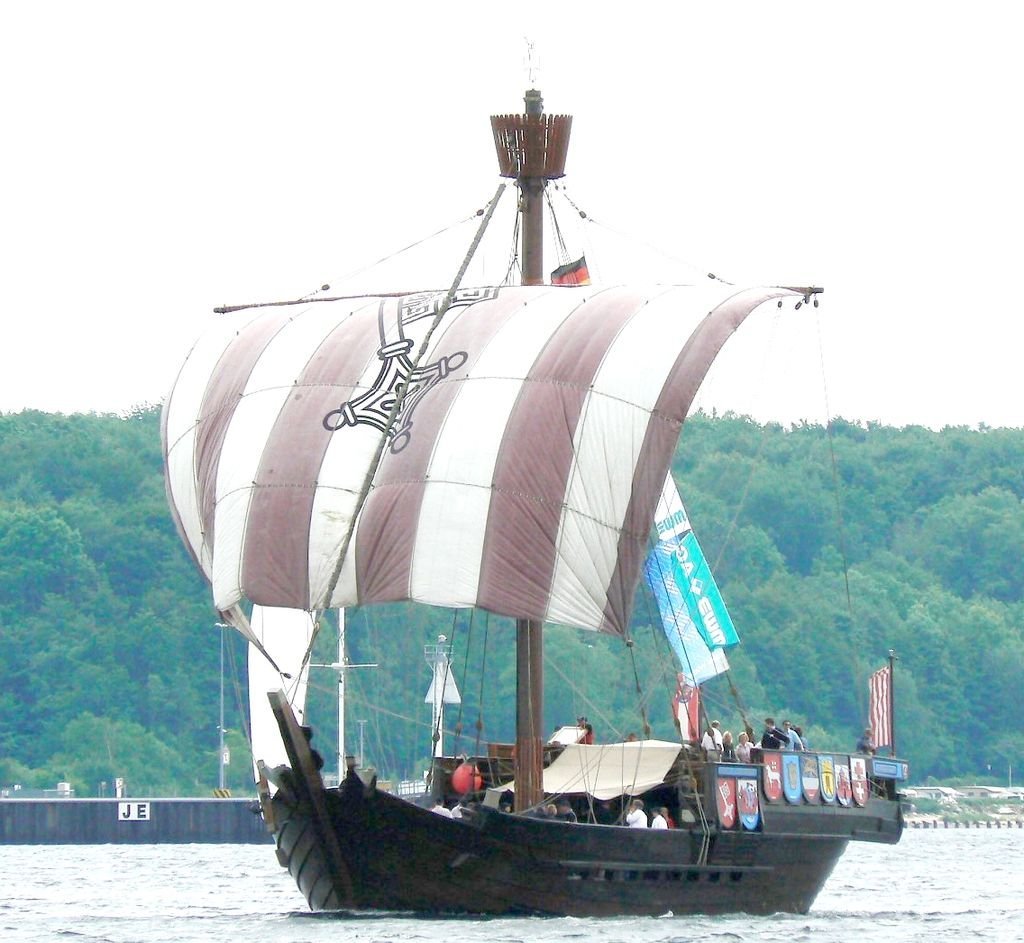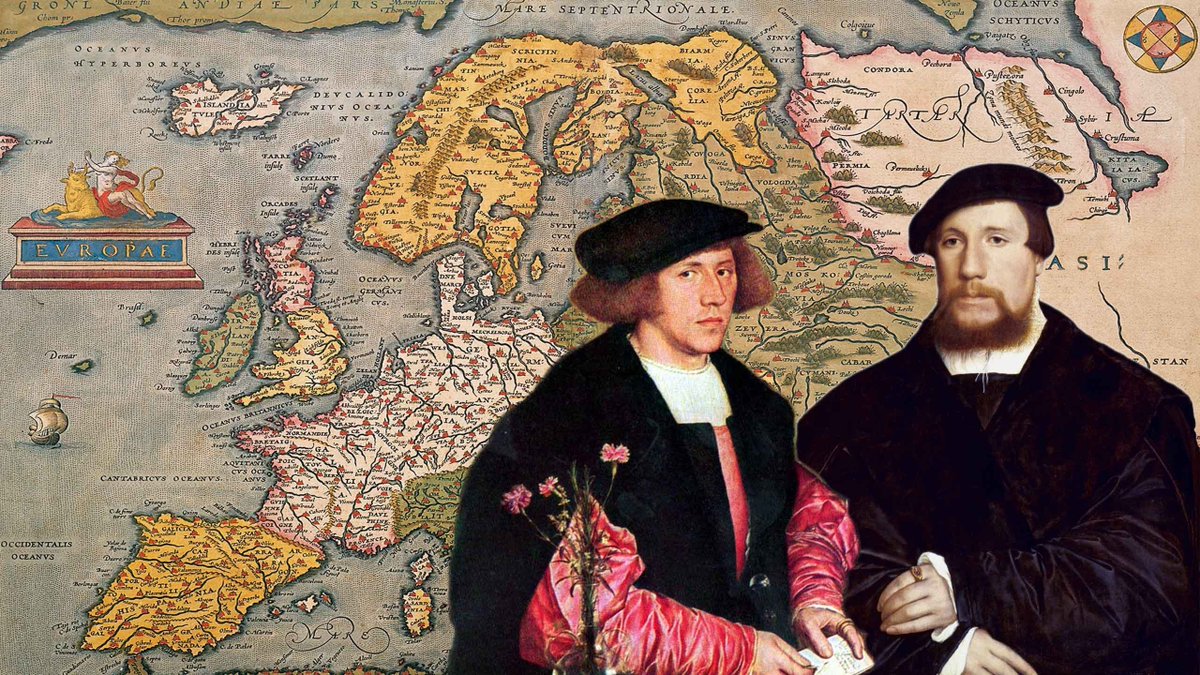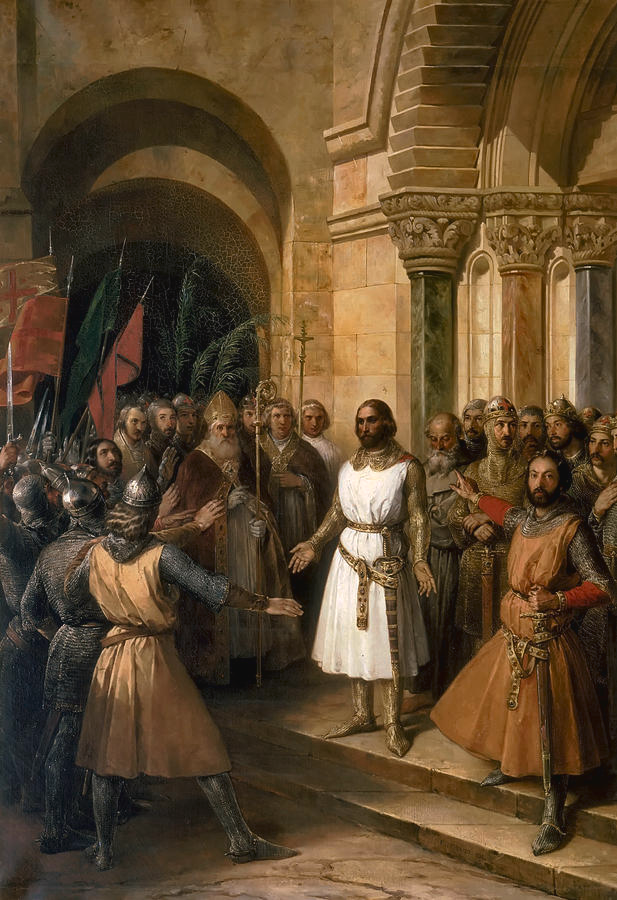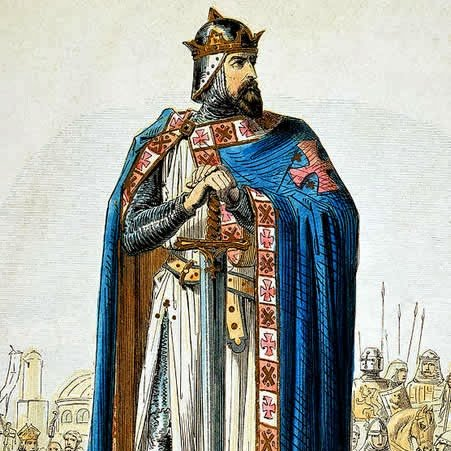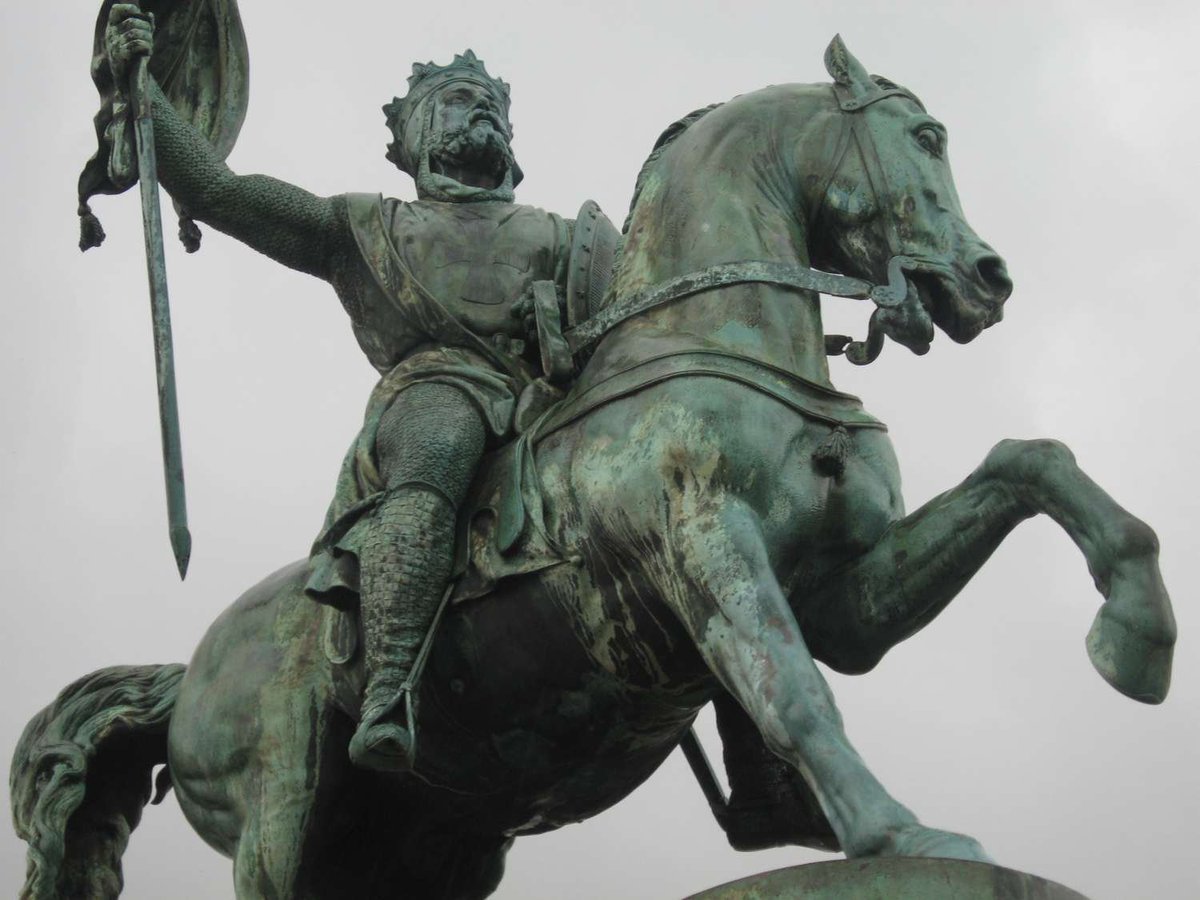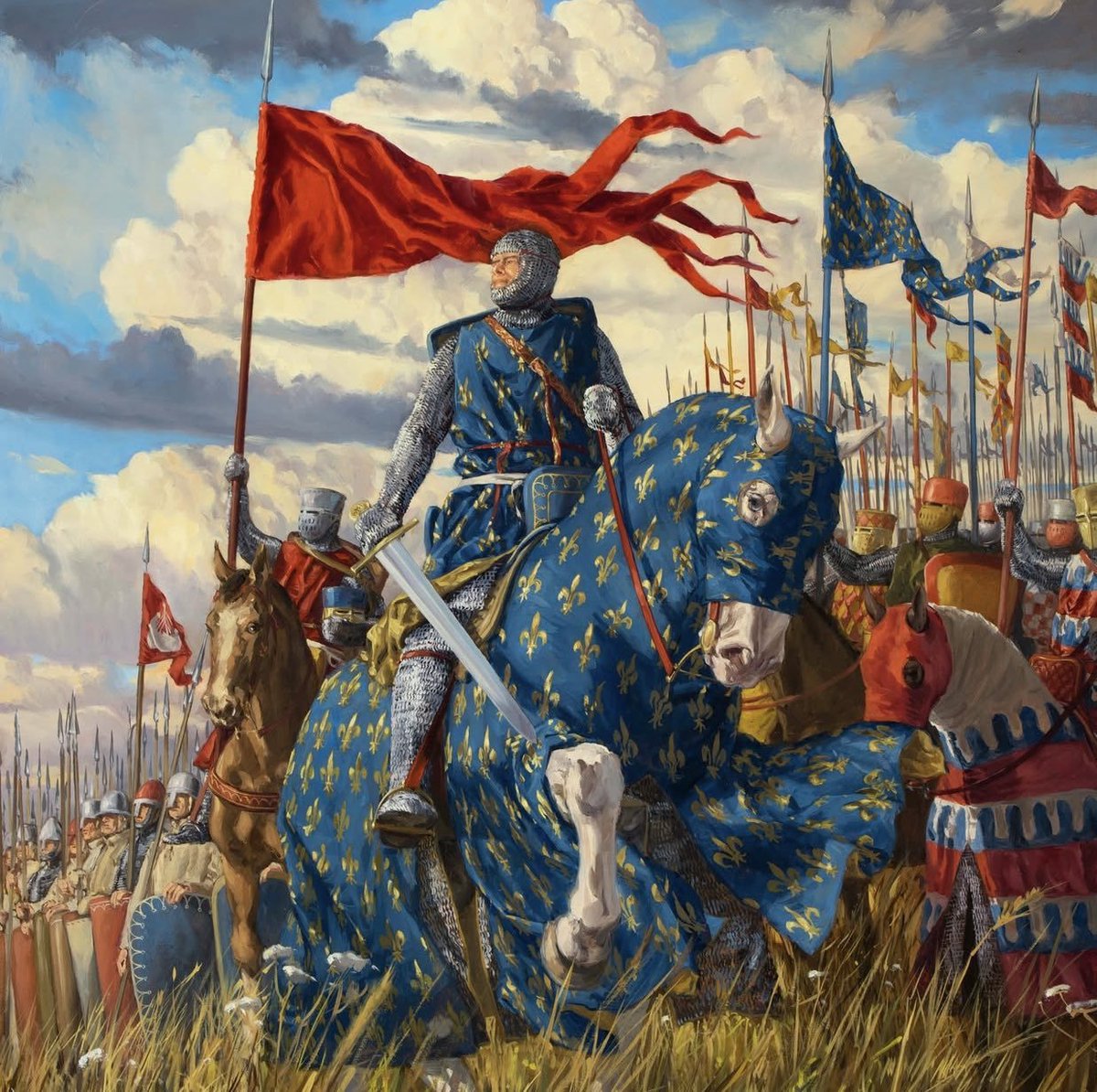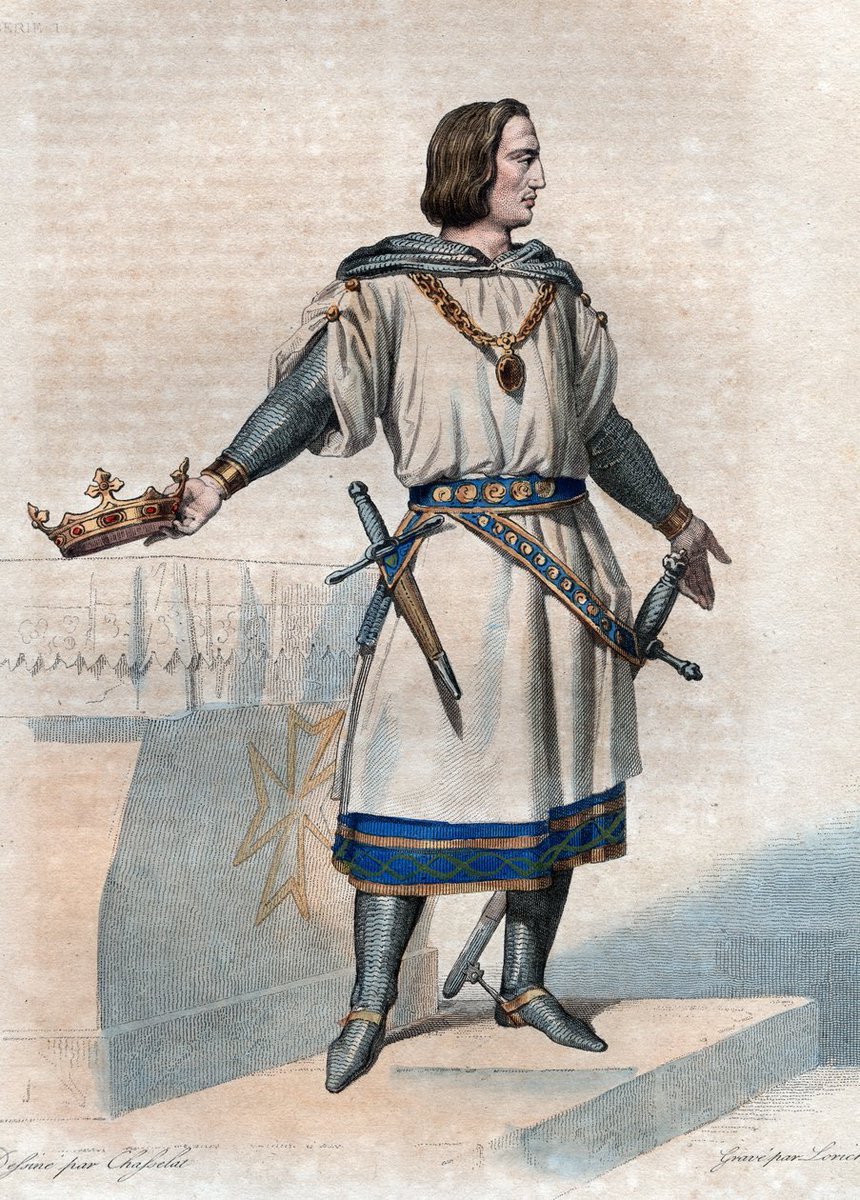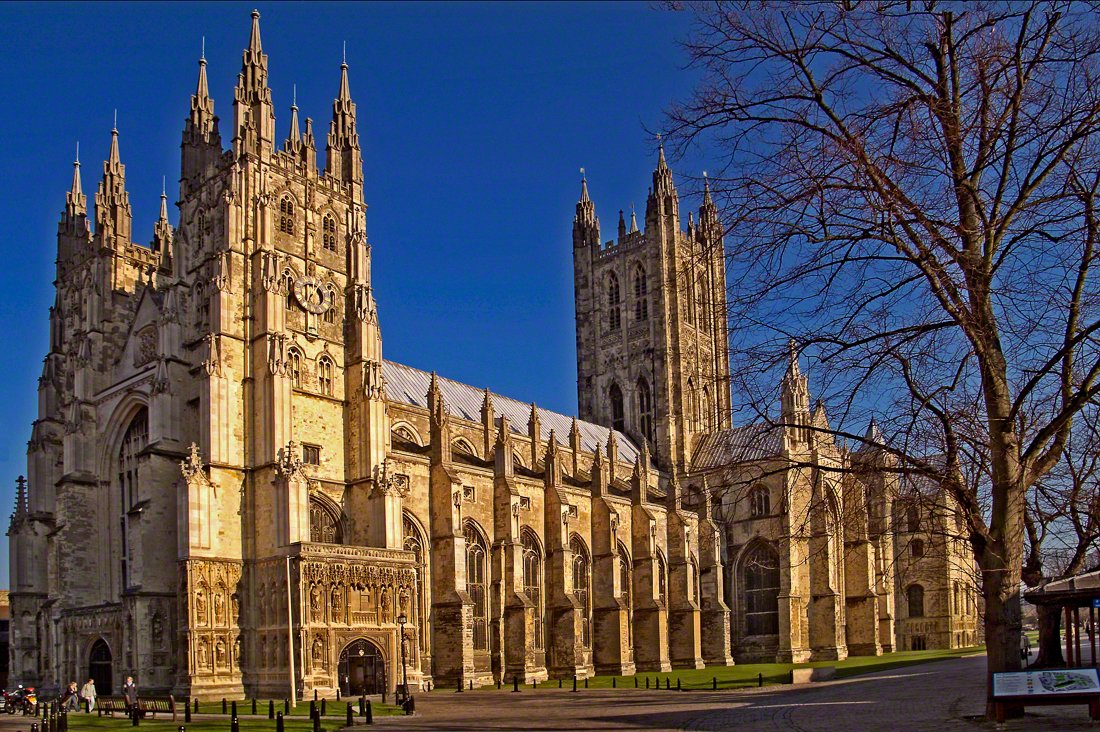Did you know the legendary Teutonic Knights went to war against a band of vicious pirates in Gotland?
This is the story of the Gotland campaign of the Teutonic Knights in 1398 and how they destroyed their pirate enemies. 🧵
(Artwork used in this thread belongs to Joseph Feely)
This is the story of the Gotland campaign of the Teutonic Knights in 1398 and how they destroyed their pirate enemies. 🧵
(Artwork used in this thread belongs to Joseph Feely)

This tale starts with the power struggle between Queen Margaret I of Denmark and the Dukes of the Duchy of Mecklenburg. Namely Albert of Mecklenburg who was King of Sweden since 1364.




Albert was eventually locked away in southern Sweden. Imprisoned in a castle by Margaret who sought power over Scandinavia.
From here all Margaret needed to do was lay siege to the city of Stockholm and she would have what she wanted.
From here all Margaret needed to do was lay siege to the city of Stockholm and she would have what she wanted.
In 1392 after Albert and his son Eric were imprisoned the house of Mecklenburg did not have the formal means to fight against Margaret.
She had set up a blockade at sea to while she laid siege to Stockholm. To get supplies to the city the house of Mecklenburg hired the Victual Brothers, an organized guild of privateers to run supplies through the blockade.
She had set up a blockade at sea to while she laid siege to Stockholm. To get supplies to the city the house of Mecklenburg hired the Victual Brothers, an organized guild of privateers to run supplies through the blockade.

The Victual Brothers, supported by the Hanseatic League, possessed great influence over the Baltic Sea. They ran supplies through the blockade of Margaret and conquered their ships.
Their support with the Hanseatic League gave them safe harbor in the cities of Rostock, Ribnitz, Wismar and Stralsund.
(Art by Joseph Feely)
Their support with the Hanseatic League gave them safe harbor in the cities of Rostock, Ribnitz, Wismar and Stralsund.
(Art by Joseph Feely)

However soon, in 1393, the Victual Brothers turned to piracy. Beginning with them plundering and sacking the city of Bergen.
One year later in 1394 they conquered Malmö and they plundered Turku, Vyborg, Styresholm, Korsholm as well as Faxeholm castle in Hälsingland.
(Art by Joseph Feely)
One year later in 1394 they conquered Malmö and they plundered Turku, Vyborg, Styresholm, Korsholm as well as Faxeholm castle in Hälsingland.
(Art by Joseph Feely)

With the Victual Brothers now turned to piracy and ransacking coastal towns they soon occupied the island of Gotland, Sweden.
They would set up their headquarters in the city of Visby.
They would set up their headquarters in the city of Visby.

Due to the piracy, sea trade in the Baltic sea collapsed. The situation becoming so bad Queen Margaret even reached out to King Richard II of England for aid. 

However another player would enter the game. King Albert of Sweden would concede Gotland to his allies of the Teutonic Order as a pledge.
Under the command of Grand Master Konrad von Jungingen, the Teutonic Knights would soon invade Gotland to crush these pirates.
(Art by Joseph Feely)
Under the command of Grand Master Konrad von Jungingen, the Teutonic Knights would soon invade Gotland to crush these pirates.
(Art by Joseph Feely)

In 1398, the Teutonic Knights would raise an army allied with the Prussian cities of Danzig, Thorn, Elbing, Königsberg and Braunsberg.
Led by 50 Teutonic knights and Konrad von Jungingen himself, they departed from Danzig with a fleet of 84 ships and 4,000 men as well as 400 horses.
Led by 50 Teutonic knights and Konrad von Jungingen himself, they departed from Danzig with a fleet of 84 ships and 4,000 men as well as 400 horses.

On March 21st the Teutonic army arrived on the shores of Gotland at Klintehamn.
The knights and their allies would storm the shores and meet initial resistance from the pirates, cutting them down before marching north to Visby.
(Art by Joseph Feely)
The knights and their allies would storm the shores and meet initial resistance from the pirates, cutting them down before marching north to Visby.
(Art by Joseph Feely)

Soon the knights would reach Visby, eventually making their way inside. On April 5th the knights would reach terms with the Victual Brothers, forcing them to surrender and leave Gotland forever.
(Art by Joseph Feely)
(Art by Joseph Feely)

The pirates under their new agreement had to leave Gotland immediately, anyone still on the island by the 7th would be executed.
Their goods would be taken and their castles would be burned and destroyed by the order.
(Art by Joseph Feely)
Their goods would be taken and their castles would be burned and destroyed by the order.
(Art by Joseph Feely)

The campaign by the knights was an overwhelming success. Trade in the Baltic Sea had resumed and the piracy in the waters was pacified.
The Teutonic Knights ruled over Gotland for 10 years. Even going so far as to begin construction on a new fortification on the walls of Visby which would be known as Visborg.
Artwork below depicts Castle Visborg in an early 17th century drawing.
The Teutonic Knights ruled over Gotland for 10 years. Even going so far as to begin construction on a new fortification on the walls of Visby which would be known as Visborg.
Artwork below depicts Castle Visborg in an early 17th century drawing.

Years later Queen Margaret would sack Gotland and the Teutonic Order would cede the land to her in 1408.
The conflict would come to be known as the War in Gotland of 1398, or the Gotland Campaign of the Teutonic Knights.
Artwork by Joseph Feely.
The conflict would come to be known as the War in Gotland of 1398, or the Gotland Campaign of the Teutonic Knights.
Artwork by Joseph Feely.

Thank you for reading this thread, the magnificent artwork in this thread belongs entirely to Joseph Feely. If you wish to support him and his work, go follow his ArtStation.
artstation.com/joefly

artstation.com/joefly

• • •
Missing some Tweet in this thread? You can try to
force a refresh





